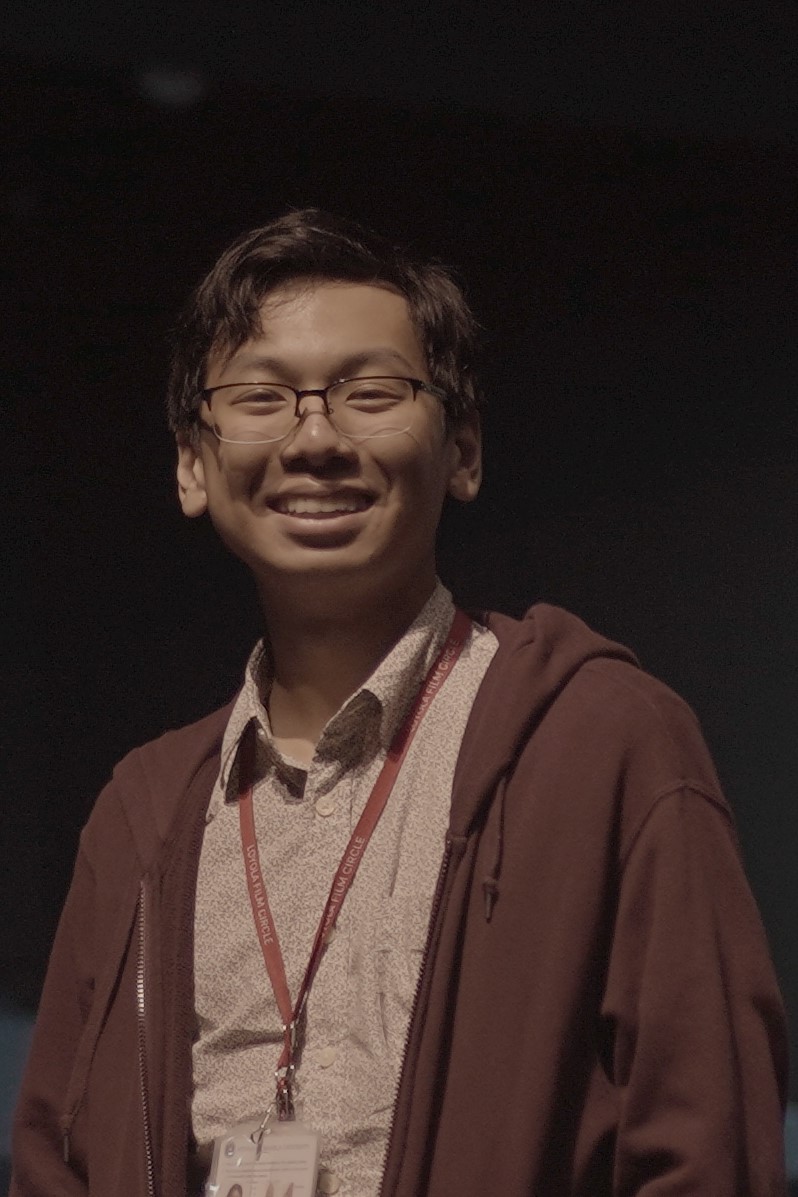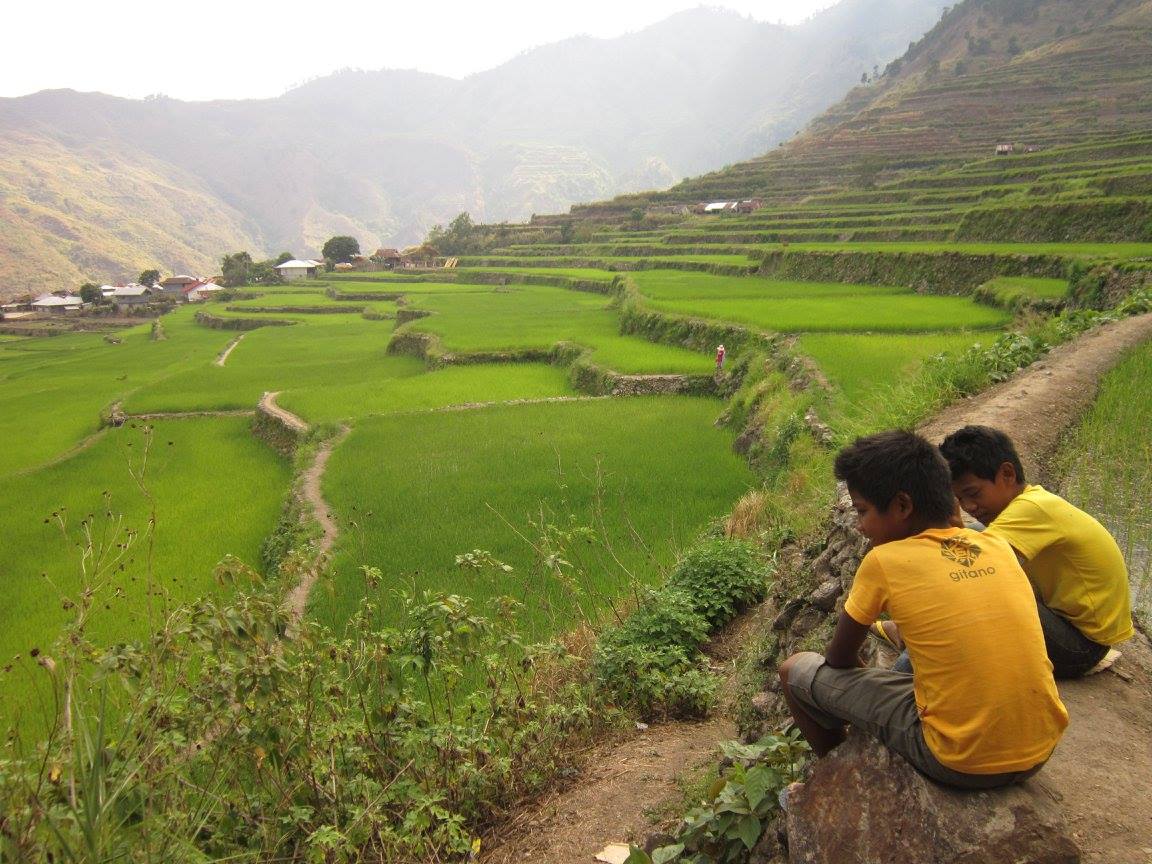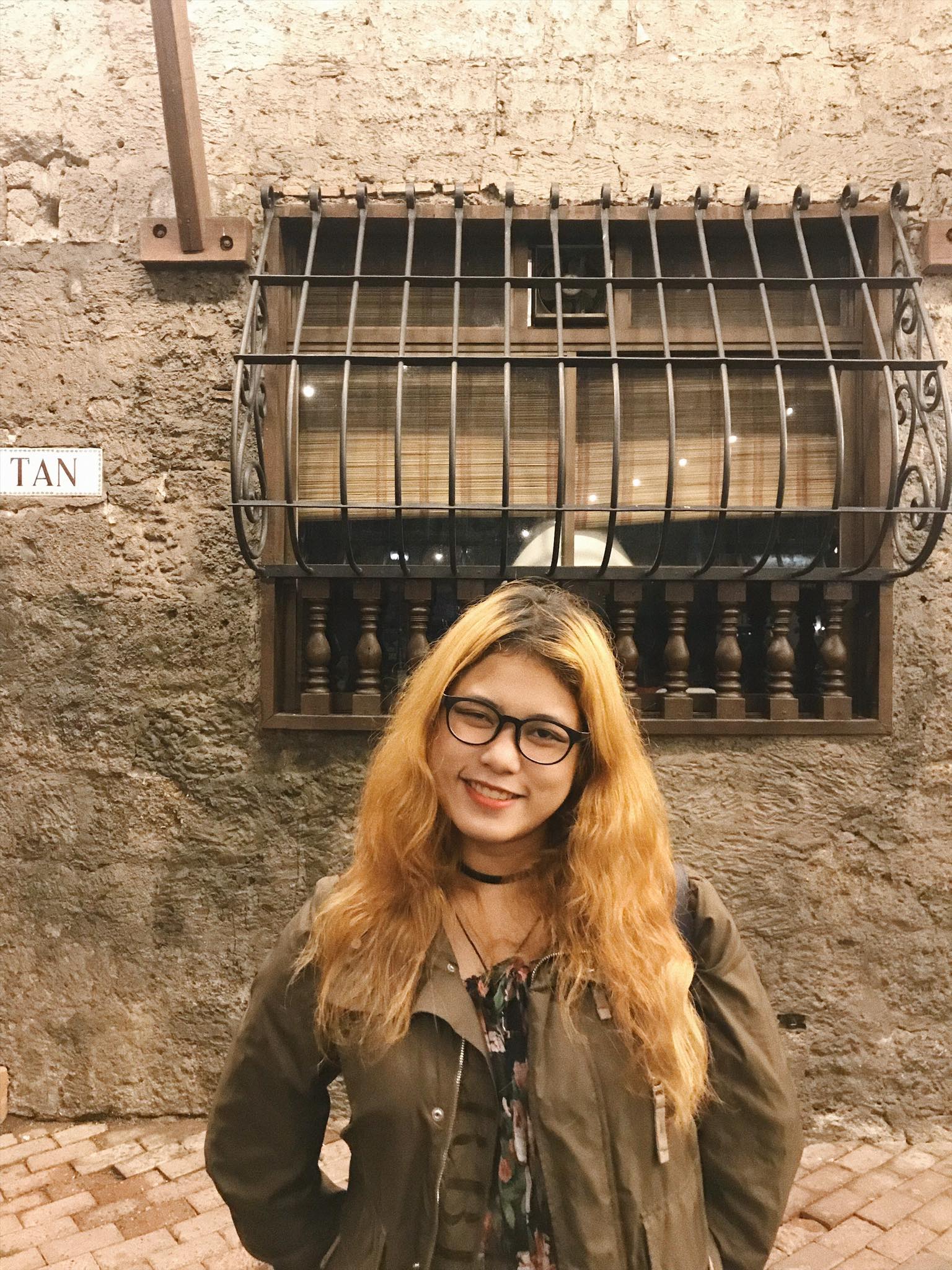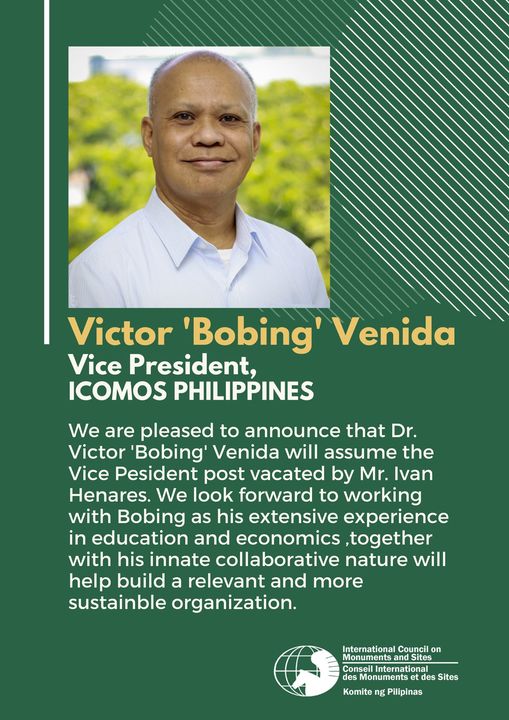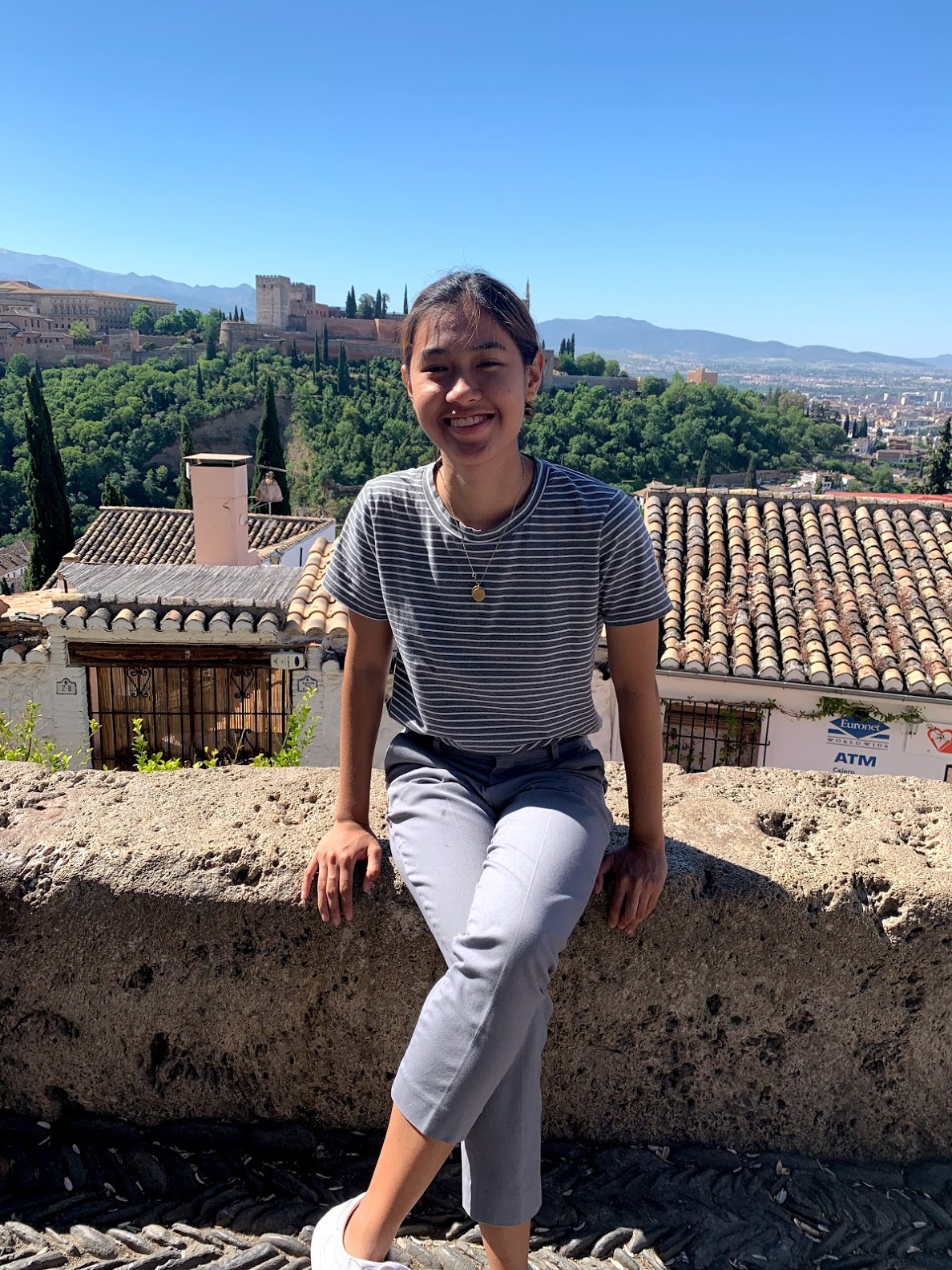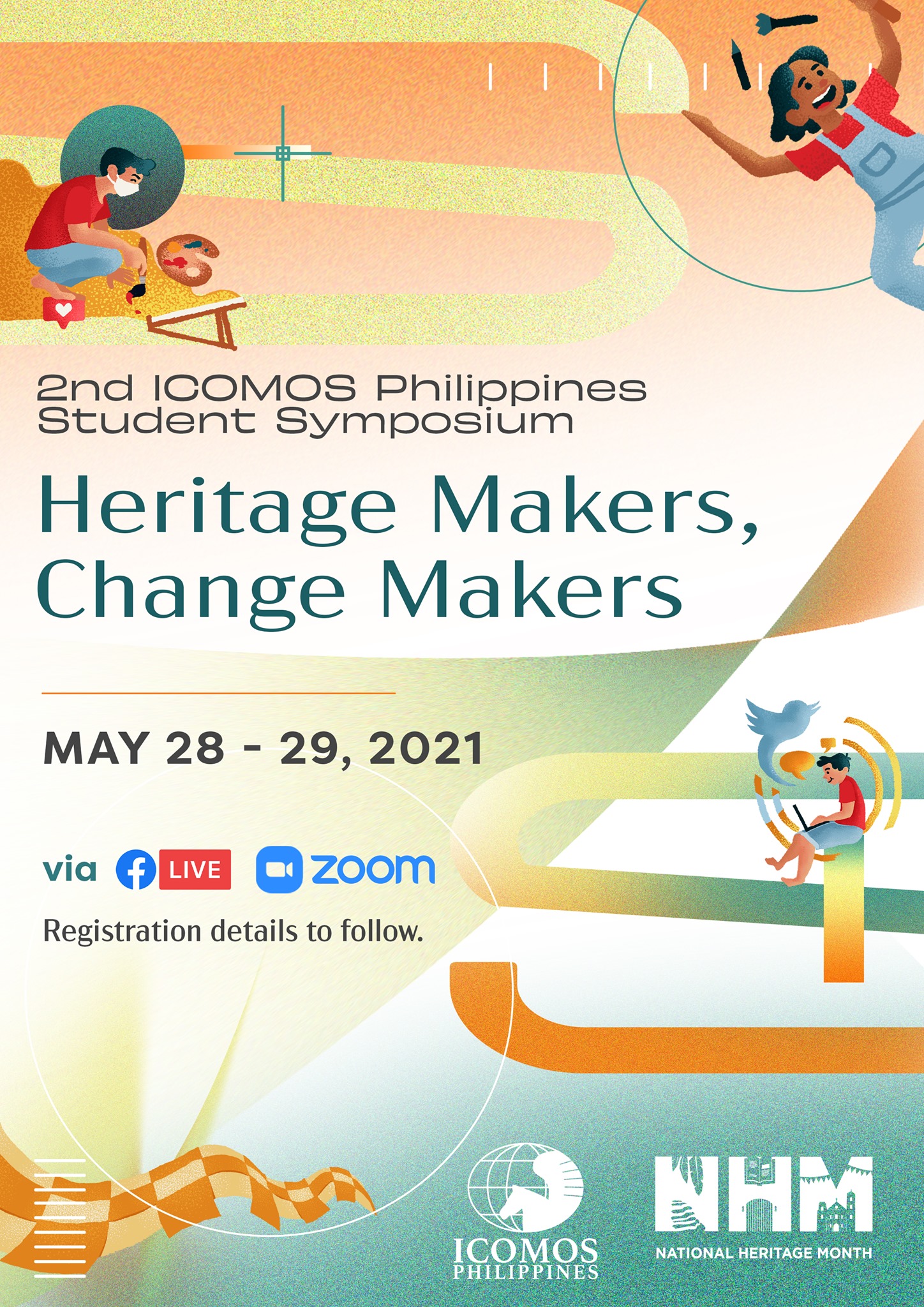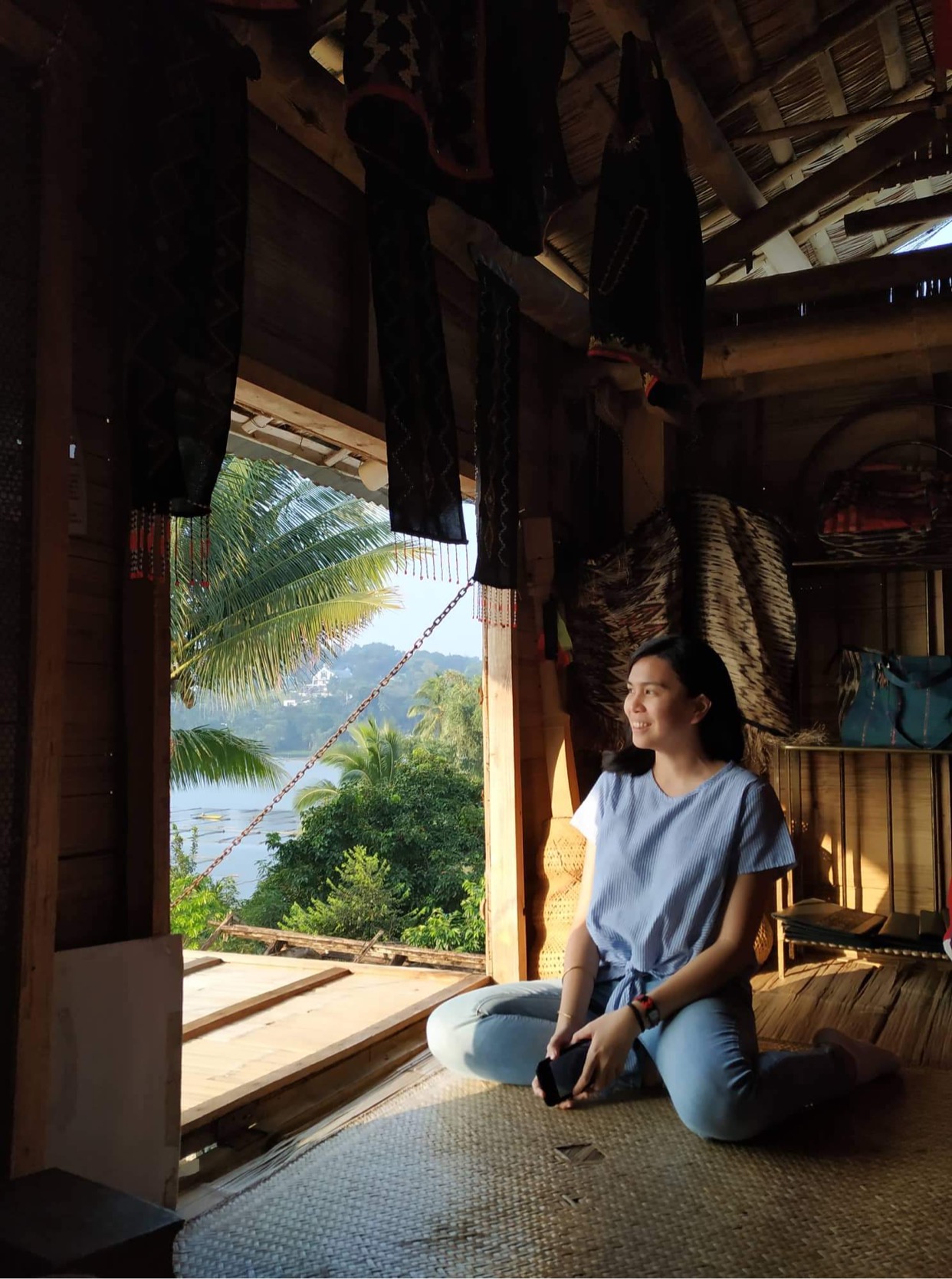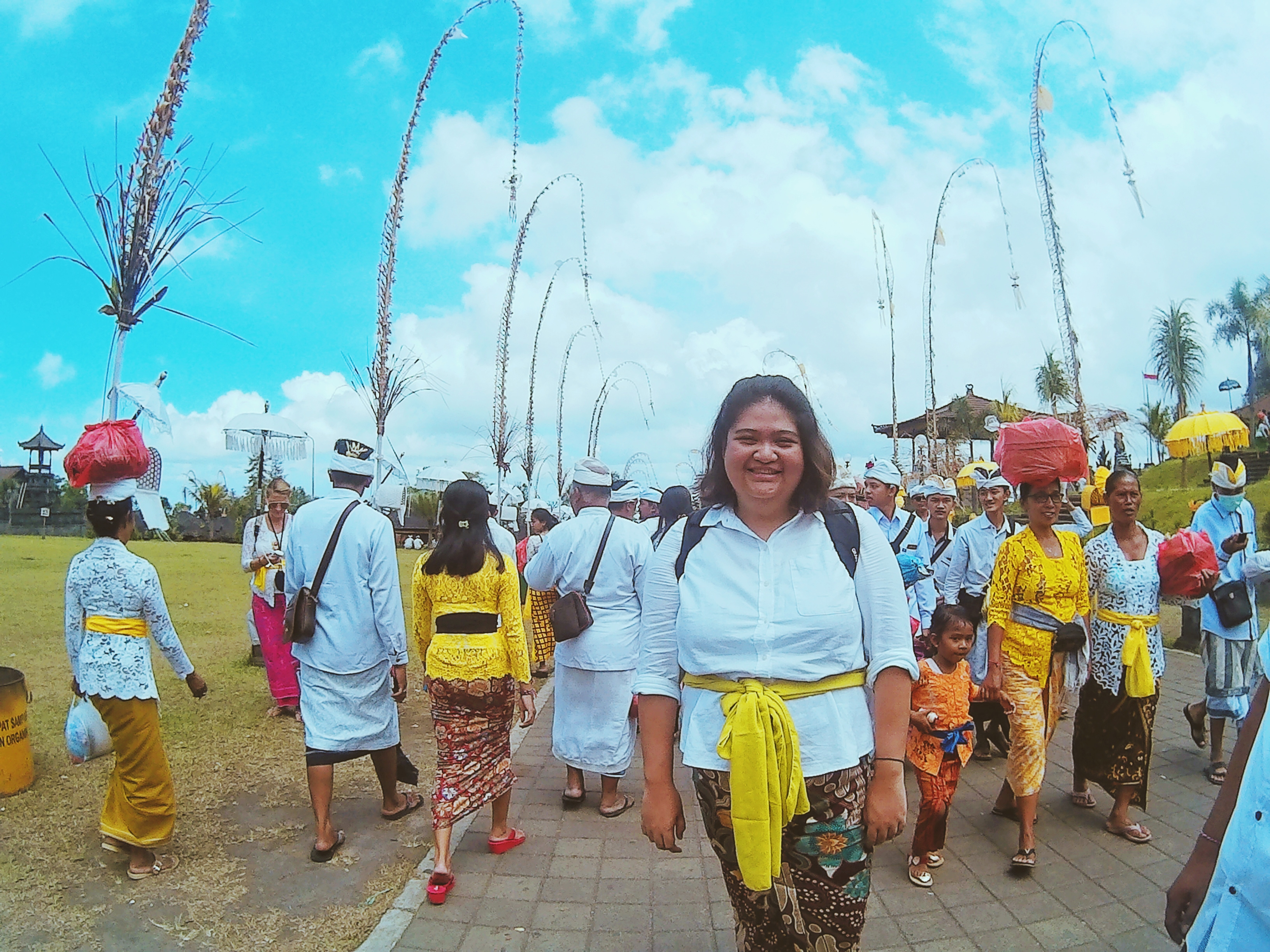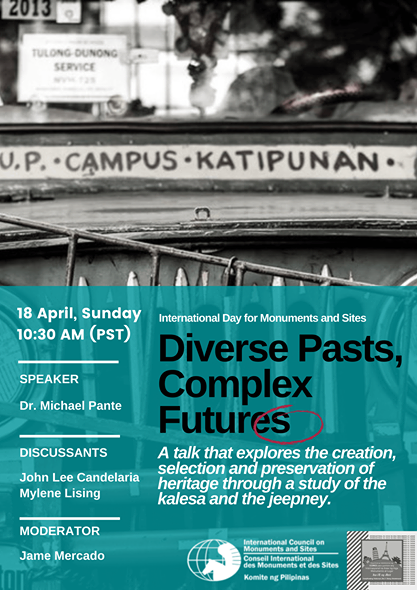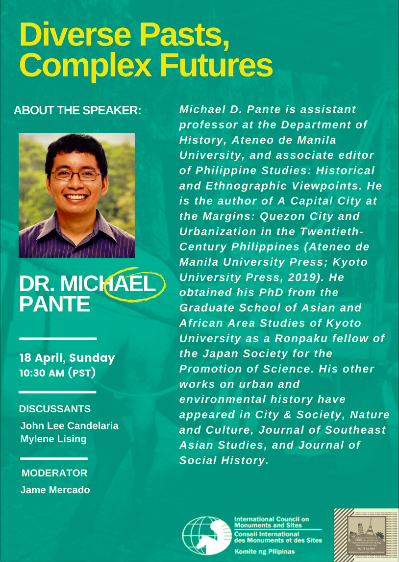Tawir Talks with Youth for Pangasinan Heritage (Y4PH)

Title of Activity: Tawir Talks: Webinar on Heritage and the Sustainable Development Goal (SDGs)
Date: June 12, 2021 | 2:00 PM – 4:00 PM
Venue: Online (via Zoom)
Description:
The Sustainable Development Goals (SDGs), also known as the Global Goals, were adopted by the United Nations in 2015 as a universal call to action to end poverty, protect the planet, and ensure that by 2030 all people enjoy peace and prosperity.
One of the most important aspects that must be focused on in order to achieve sustainable development is heritage. In the recent years, it has been recognized that heritage and their conservation could positively impact local communities –an effective driver for economic and social development, and an important site for inclusivity and empowerment.
The Youth for Pangasinan Heritage (Y4PH), a youth-led volunteer organization which aims to raise awareness on and elicit appreciation of culture, arts, history, and heritage among Pangasinan youth, will conduct an activity that could open a platform for a discussion on cultural heritage and development. Y4PH recognizes the crucial role of the youth, being the community’s cultural bearers and transmitters, in the eventual achievement of the SDGs. In this regard, Y4PH will conduct a webinar on “Heritage and the Sustainable Development Goals (SDGs).” Particularly, the webinar aims to accomplish the following objectives:
1) To situate and present the relationship between heritage and the Sustainable Development Goals (SDGs);
2) To identify and present prospects for initiatives anchored on heritage conservation and SDGs in the Philippines; and
3) To inspire the youth to actively contribute to the achievement of the SDGs
Resource Persons:
LArch’t. Gabriel Caballero, Focal Point for the United Nations Sustainable Development Goals of ICOMOS International, gave a talk on “Heritage and the Sustainable Development Goals: Policy Guidance for Heritage and Development Actos”. His talk consists of: 1) Introduction of ICOMOS International and its contribution to global causes, 2) Basic principles of Heritage and Sustainable Development, 3) Inclusion of Cultural Heritage in the Agenda 2030: Target 11.4, and 4) Mobilization for integrating Heritage in the UN Decade of Action through the International Policy Guidance and the SDGsWG.
Arch’t. Kenneth Tua, Philippine Policy Guidance Manager / Coordinator, gave a talk on “Cultural Heritage and the Sustainable Development Goals: Prospects for the Philippines”. His talk consists of: 1) Introduction of National Sustainable Development Goals Working Group Philippines, 2) Efforts of ICOMOS Philippines in achieving Sustainable Development from 2013 – 2021, and 3) Prospects for initiatives anchored in Heritage Conservation and the SDGs in the Philippines through localizing the Policy Guidance.
